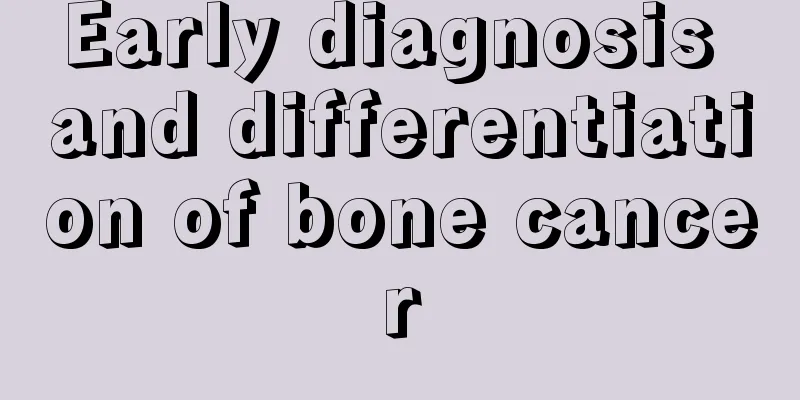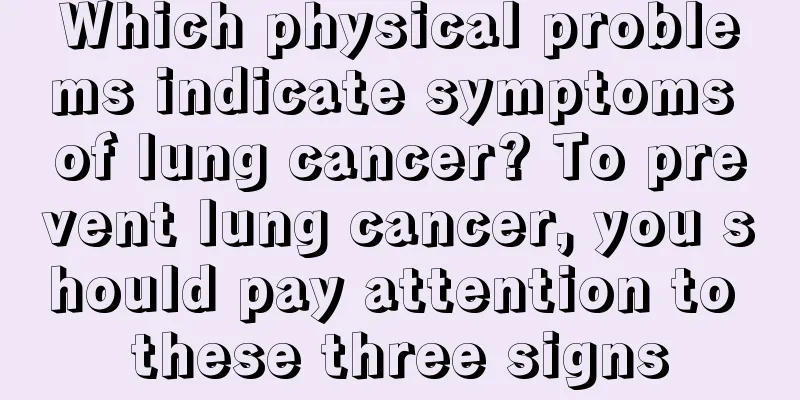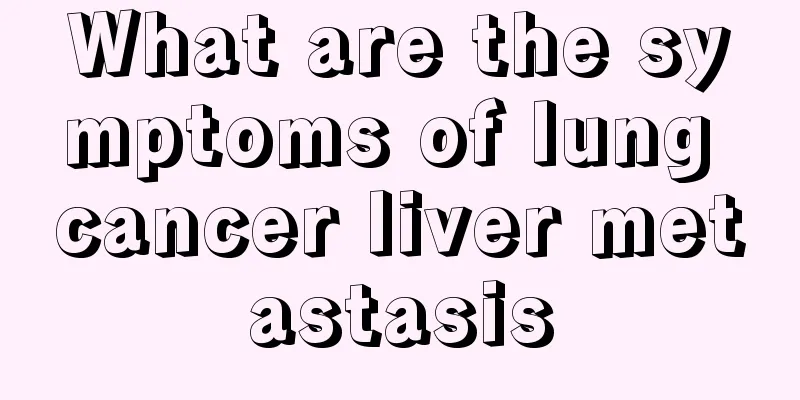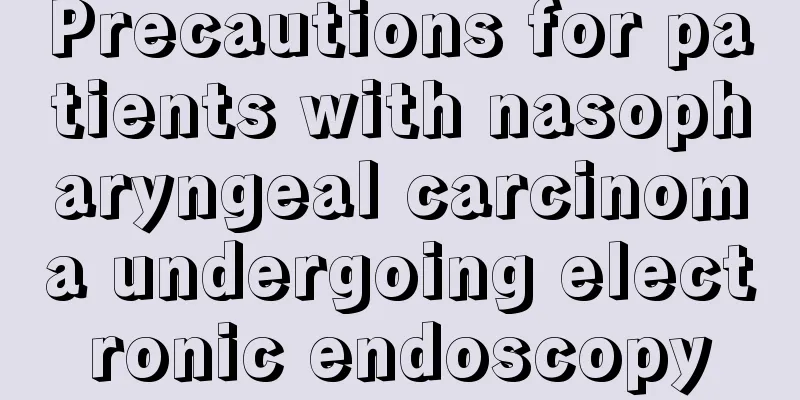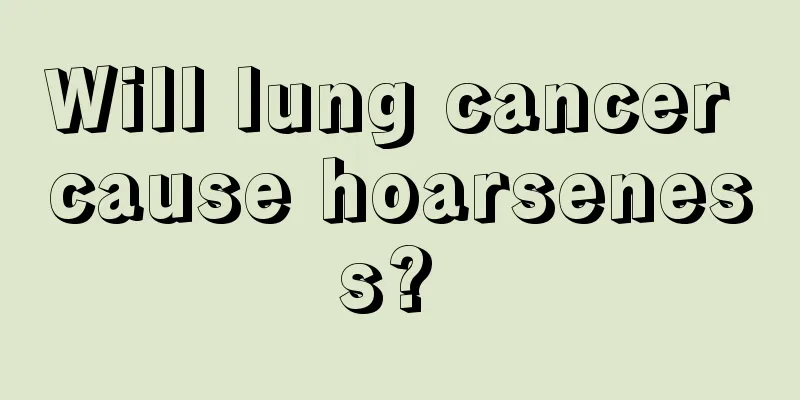Treatment of thyroid cancer

|
The treatment of thyroid cancer emphasizes correct, effective, reasonable and adequate treatment, and follows the principles of tumor surgery. 1. Surgical treatment Surgery is the main treatment for thyroid cancer. The surgical method mainly depends on the size of the tumor, the degree of penetration of surrounding tissues, the metastasis of cervical lymph nodes and the extent of metastasis, and whether there is distant metastasis. The main operation methods are as follows: ⑴ Unilateral thyroid lobe isthmus resection: When the tumor is limited to one side of the thyroid gland, unilateral thyroid lobe isthmus resection can be performed. Tumor excavation and local resection cannot be performed, which is likely to cause tumor residue. When the tumor invades the other side of the thyroid gland, subtotal resection or total thyroidectomy should be performed. ⑵ Combined treatment of thyroid cancer: When thyroid cancer is accompanied by cervical lymph node metastasis, thyroid lobectomy on one side with cervical lymph node cleaning should be performed. Whether thyroid cancer has cervical lymph node metastasis should be determined by a comprehensive judgment of detailed physical examination, B-ultrasound or CT examination and doctor's examination by an oncologist. The extent of lymph node cleaning and cleaning depends on the result of the comprehensive judgment. After comprehensive judgment, if there is no lymph node metastasis in the cervical lymph nodes, cleaning will bring greater trauma to the patient, the surgical incision will be long, and there will be many complications, which will affect the patient's quality of life. If there is no lymph node metastasis, close observation will be conducted, and surgical treatment of neck recurrence will not affect the patient's prognosis. 2. Radiotherapy Papillary thyroid carcinoma and follicular thyroid carcinoma are not sensitive to radiotherapy, and organs adjacent to the thyroid gland, such as the thyroid cartilage, trachea, and spinal cord, have low tolerance to radiotherapy. Therefore, these two types of cancer cannot be treated with radiotherapy if they are completely removed surgically. 3. 131I therapy When papillary and follicular thyroid cancers have spread to distant sites, such as the lungs and bones, the thyroid gland can be completely removed. 4. Endocrine therapy: TSH stimulates the growth of papillary thyroid carcinoma and follicular thyroid carcinoma. Inhibiting TSH can reduce the recurrence and metastasis rates of thyroid cancer. |
<<: Can nasopharyngeal cancer be cured? Are there any dietary treatments?
>>: What supplements should lung cancer patients take?
Recommend
What are the rehabilitation trainings for patients with cerebral hemorrhage?
Cerebral hemorrhage is a common physical disease ...
There is inflammation and swelling on the mouth
There are often problems with the health of the m...
What are the attenuated vaccines?
After a child is born, he or she needs to go to t...
What symptoms can be checked for the diagnosis of prostate cancer
The incidence of prostate cancer is very high now...
You should know the "three rejections" for autumn health care
The weather is cool in autumn, and people's d...
The difference between bladder tumor and bladder cancer
Bladder tumors and bladder cancer have different ...
Why does the heart beat prematurely
Premature heart beats may occur in normal people ...
Is 150 degrees considered myopia?
As we all know, the degree of myopia varies. Norm...
Is it effective to apply a facial mask while taking a bath
Women have their own habits when applying facial ...
What can I eat during chemotherapy for myeloma?
Osteoma is a common disease that often occurs loc...
Do thyroid nodules require surgery? Surgery is required if they become malignant
If you have a serious illness, you will need time...
What are the signs of brain cancer?
When it comes to tumors, many people are terrifie...
What size shoes should a 20cm foot wear
When it comes to buying shoes, it is actually ver...
What are the reactions after drinking enzymes?
Enzyme is a relatively new thing. Although it is ...
What methods can cure glioma
Glioma is a tumor that occurs in the neuroectoder...

